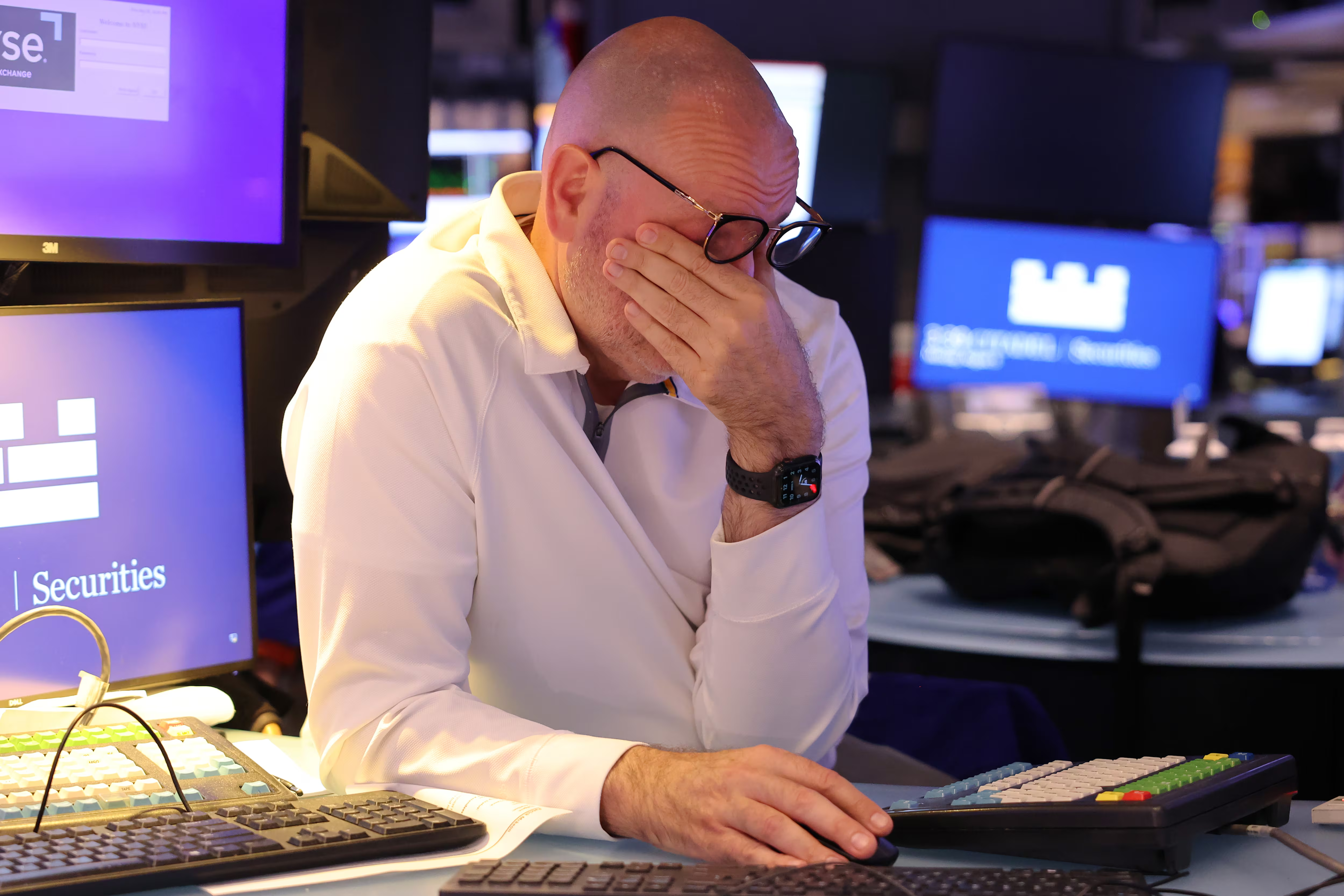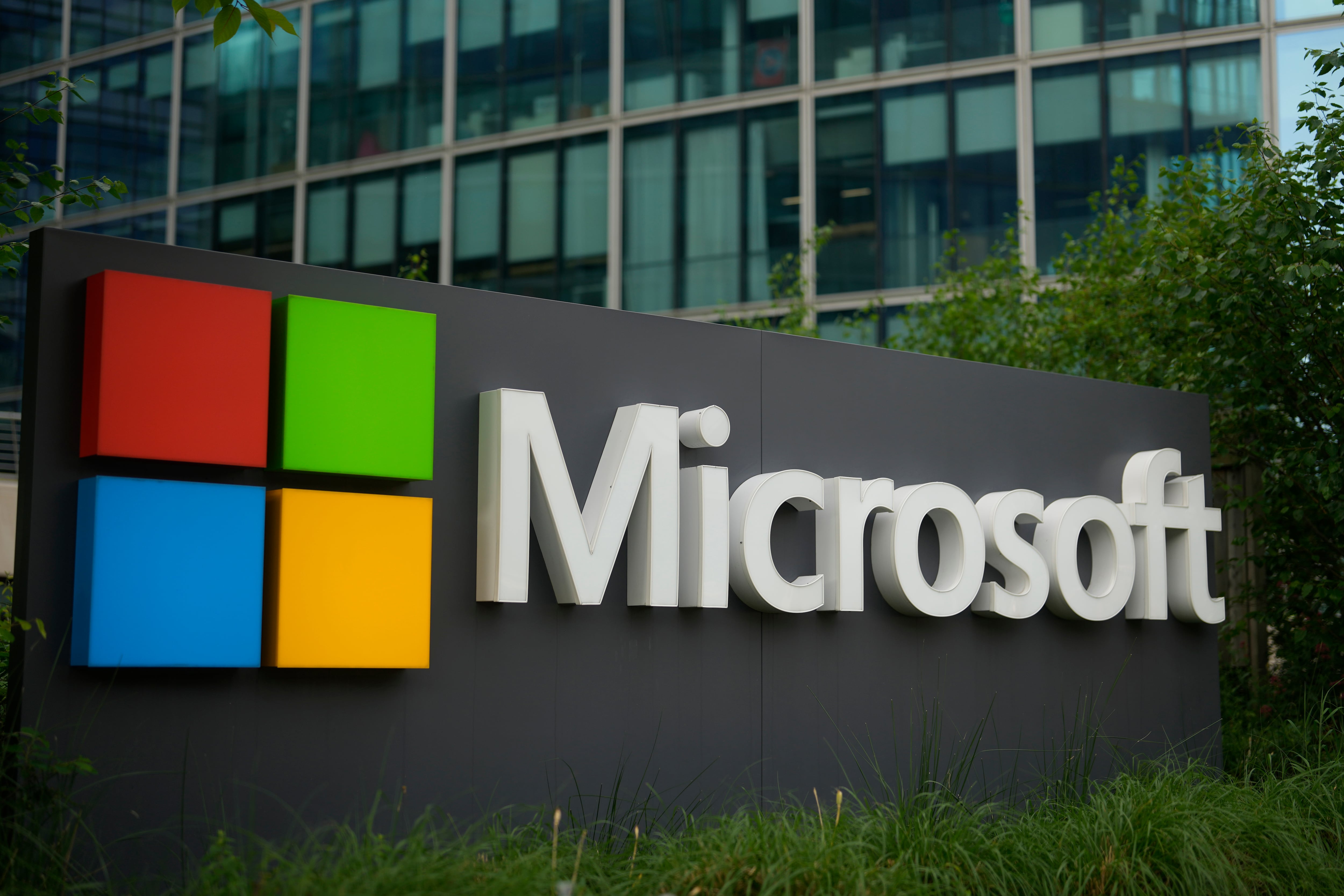By Stan Choe and Alex Veiga
Stocks closed higher on Wall Street Wednesday, nudging the S&P 500 to its first gain in four days, as investors weighed a mixed set of reports on the economy.
The S&P 500 inched up 0.1% after shedding most of its gains from earlier in the day. The benchmark index remains on track for a weekly loss. Gains by financial, communication services, energy and other sectors were kept in check by declines elsewhere, including technology companies, which helped pulled the Nasdaq slightly lower.
Investors continued to bid up shares in smaller company stocks, driving the Russell 2000 small-cap index to its second straight all-time high.
An hour before trading began on Wall Street, the government released an avalanche of data on the economy that showed some optimistic signs and several disappointing ones. But the market seemed to largely shrug off the reports.
“The economic data is being largely discounted,” said J.J. Kinahan, chief strategist with TD Ameritrade. "It seems to be that the rollout of the vaccine for the coronavirus is starting to go pretty well, so that’s what’s giving people a lot of hope. At the end of the day that still remains the top story.”
The S&P 500 rose 2.75 points to 3,690.01. The benchmark index set a record high on Thursday and is up 14.2% so far this year. The Dow Jones Industrial Average added 114.32 points, or 0.4%, to 30,129.83. The Nasdaq composite fell 36.80 points, or 0.3%, to 12,771.11. The tech-heavy index has notched new highs 54 times this year as Big Tech companies have led the market higher.
The Russell 2000 index climbed above the 2,000-point mark for the first time. It gained 17.22 points, or 0.9%, to 2,007.10. The index has risen 10.3% this month, roughly half of its gain for far this year.
Overnight, Wall Street had seemed to be heading for a rockier day of trading. U.S. stock futures initially dropped after President Donald Trump said that he may not sign the $900 billion rescue for the economy that Congress just approved. But they eventually drifted upward as investors looked past the unexpected push back.
Markets around the world were relatively buoyant. Many Asian and European stock markets also rose, while Treasury yields climbed. Thin trading in this holiday-shortened week could make market moves more erratic. So could investors looking to close out positions as the end of the year approaches.
“The market is just inclined to go higher," said Andrew Mies, chief investment officer at investment advisory firm 6 Meridien. "There’s a positive seasonal trend behind that. There’s obviously a tremendous momentum move that we’ve seen in the market over the last eight months and it just doesn’t seem like it wants to end.”
A mixed batch of economic data didn't keep the market from grinding higher Wednesday. The Labor Department said fewer U.S. workers filed for unemployment benefits last week. The number is still incredibly high compared with before the pandemic, but it was better than economists were expecting. It also meant at least a temporary halt to the increase in unemployment claims the economy had been suffering as the pandemic worsens and tightens its chokehold on the economy.
Another report said that orders for long-lasting goods strengthened by more than expected last month, a good sign for the nation’s manufacturers.
Other data reports were more grim, though. Consumers pulled back on their spending by more last month than economists expected. It was the first drop since April, and it’s a discouraging signal for an economy that’s driven mostly by consumer spending. A big reason was the sharp drop in incomes that Americans took in November, worse than economists had forecast.
The resurgent pandemic is pushing governments around the country and world to bring back varying degrees of restrictions on businesses. Those, plus lost sales for companies from customers scared to do business amid the pandemic, are dragging the economy down following its initial bounce-back from its springtime plunge. A new, potentially more infectious coronavirus strain identified in southern England is raising worries further.
The hope in markets had been that $900 billion in economic support that Congress approved Monday night could tide the economy over until widespread vaccinations could help the world begin a return to normal next year. The package includes one-time cash payments to most Americans, extra benefits for laid-off workers and other financial support.
But Trump said late Tuesday that he wants to see bigger cash payments going to most Americans, up to $2,000 for individuals. He also criticized other parts of the bill.
Wall Street's gains on Wednesday were modest but widespread. Stocks of companies that would benefit the most from a healthier economy were doing the heaviest lifting. Energy stocks rose 2.2% for the biggest gain among the 11 sectors that make up the S&P 500. Financial stocks were close behind, adding 1.6%.
The yield on the 10-year Treasury rose to 0.95% from 0.90% late Tuesday.
___
AP Business Writer Joe McDonald contributed.
Updated on December 23, 2020, at 5:06 p.m. ET.













